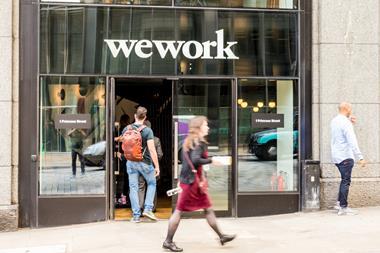The new corporate offence of failure to prevent the facilitation of tax evasion came into force last year. For obvious reasons, this is something that all involved with property transactions must get to grips with.

To consider what steps a business needs to take to protect itself, it needs to understand the two potential offences that could be committed. There are two new offences for companies for failing to prevent the facilitation of tax evasion, both in the UK and overseas.
Tax evasion, as distinct from legal tax avoidance, is the illegal non-payment or under-payment of taxes. This is a criminal offence. On the other hand, tax avoidance is using a legal method to reduce tax. However, while tax avoidance is a legal activity, HMRC will take action against those who perpetrate abusive tax avoidance schemes. Distinguishing between illegal tax evasion/abusive tax avoidance on the one hand and legal tax avoidance can sometimes be difficult.
As this is a strict liability offence, no intention, knowledge or participation on the part of the business is required for it to be found culpable. Therefore, a business can be held criminally liable for the actions of its staff, agents or other persons associated with it unless the business can demonstrate it has reasonable prevention measures in place.
Only a relevant body can commit a failure to prevent an offence, in other words a company, LLP or partnership. In order to protect itself, a business needs to train its employees so they can recognise and avoid situations where there is the possibility of tax evasion being facilitated either by themselves or others.

It should also have a clear anti-tax-evasion facilitation policy in place, to urge staff to be vigilant and to immediately report any suspicions of tax evasion and operate a zero-tolerance HR policy in relation to any employee connected to tax evasion facilitation.
Finally, companies should investigate all instances of alleged tax evasion facilitation, assist the police and authorities and take firm action against any employees involved in tax evasion facilitation.
Where troubling activities are identified, a business can self-report a failure to prevent facilitation of tax evasion to HMRC. Prompt self-reporting does not guarantee the business will not be prosecuted, but it could be part of a defence and reflected in any penalties.
Penalties for the offences could include unlimited financial penalties, imprisonment and ancillary orders such as confiscation or serious crime prevention orders. Therefore, these offences should be taken seriously indeed.
Sarah Cardew is a tax partner at Irwin Mitchell






























No comments yet